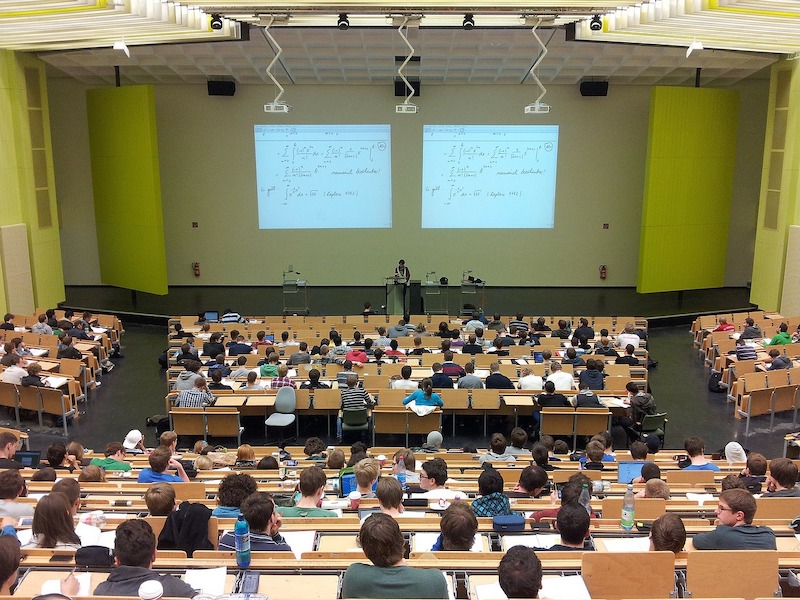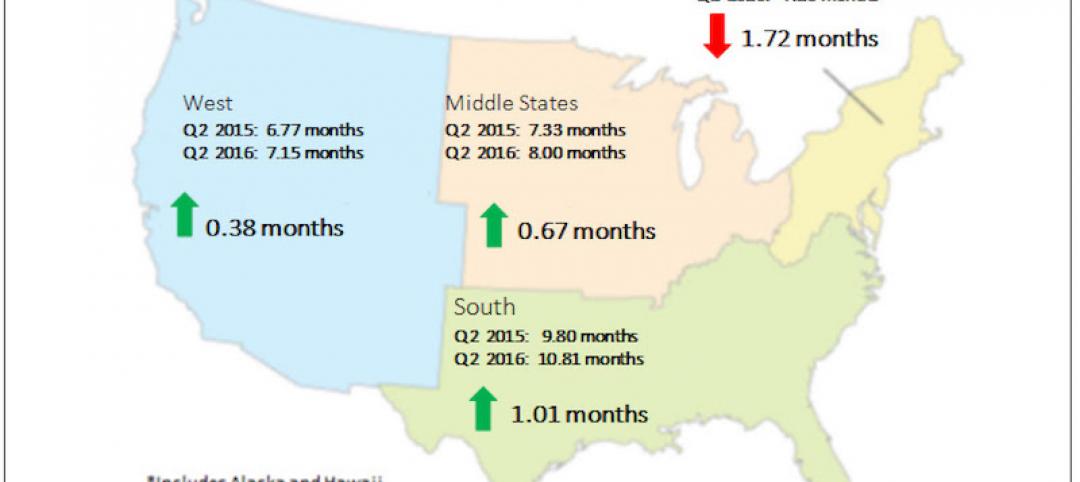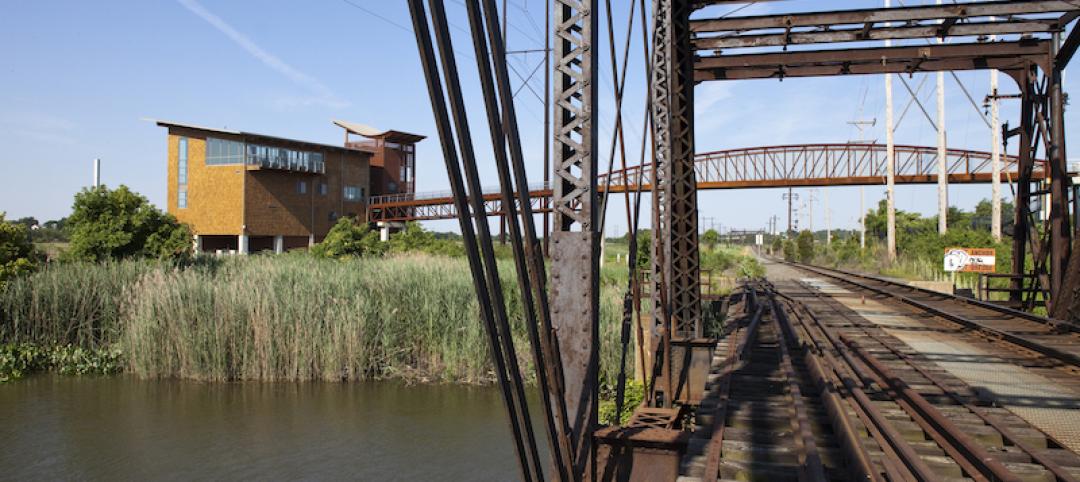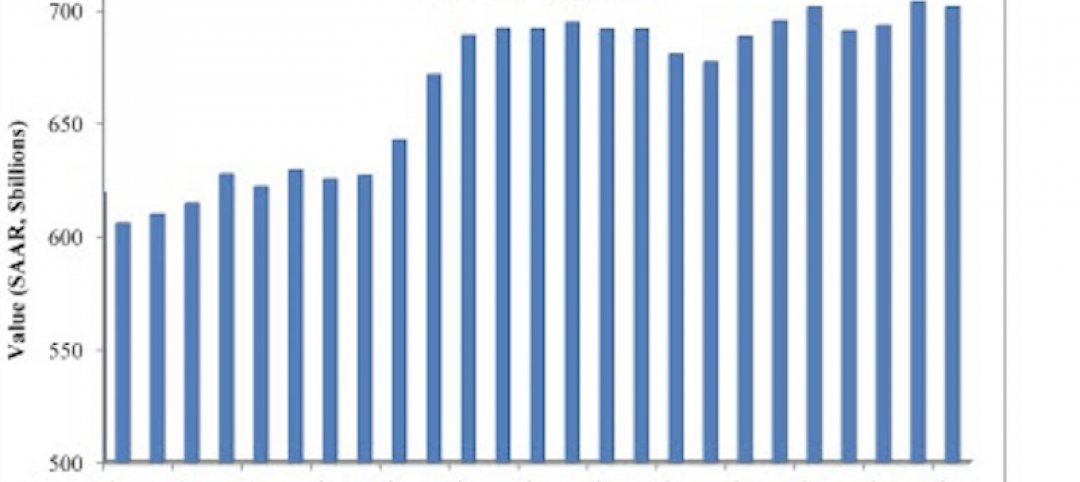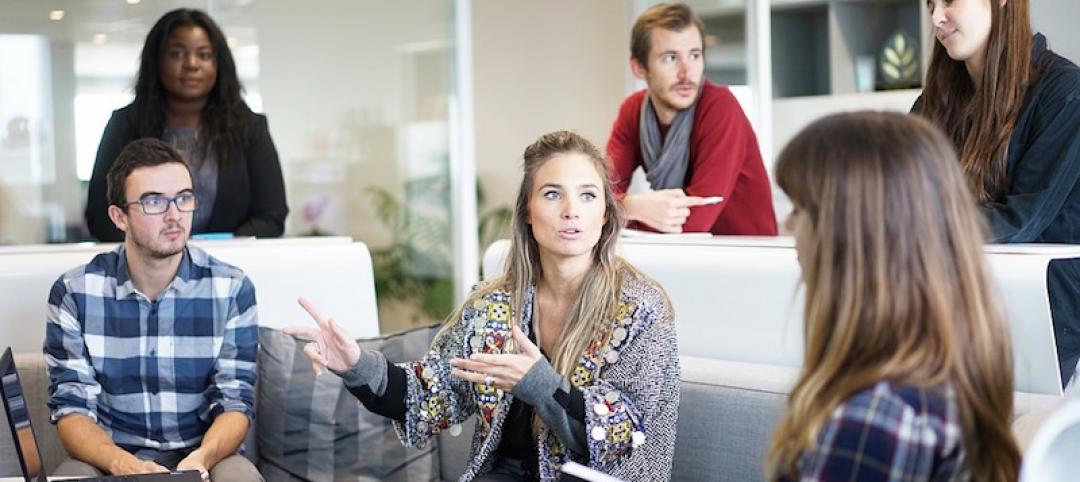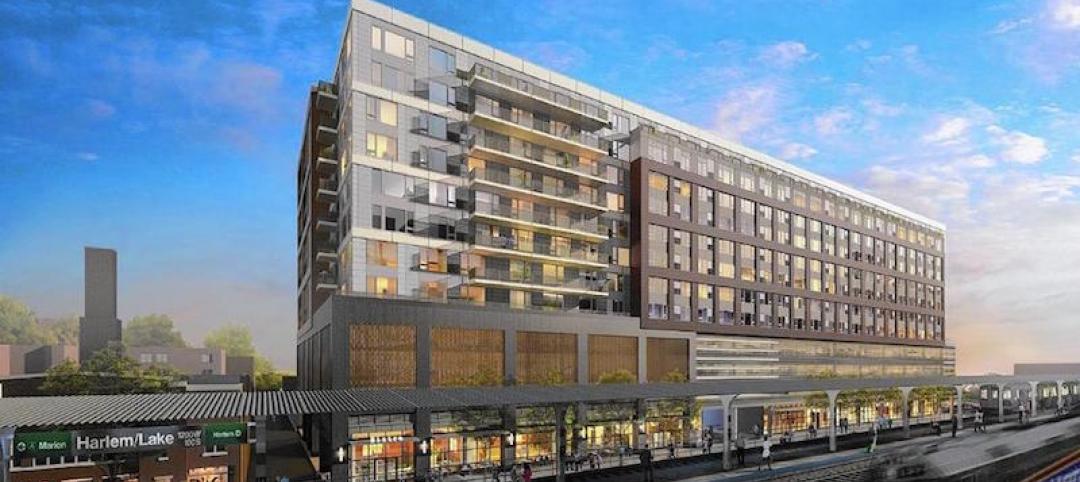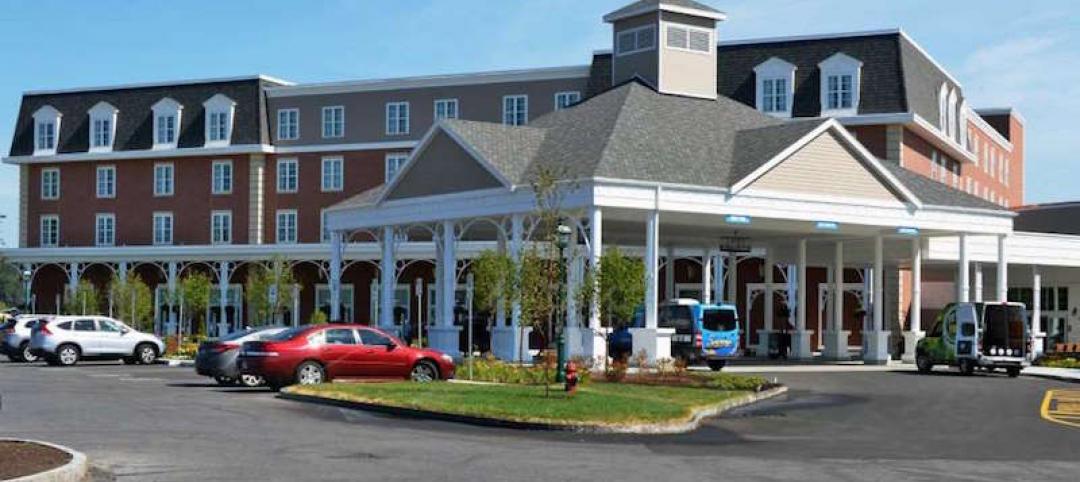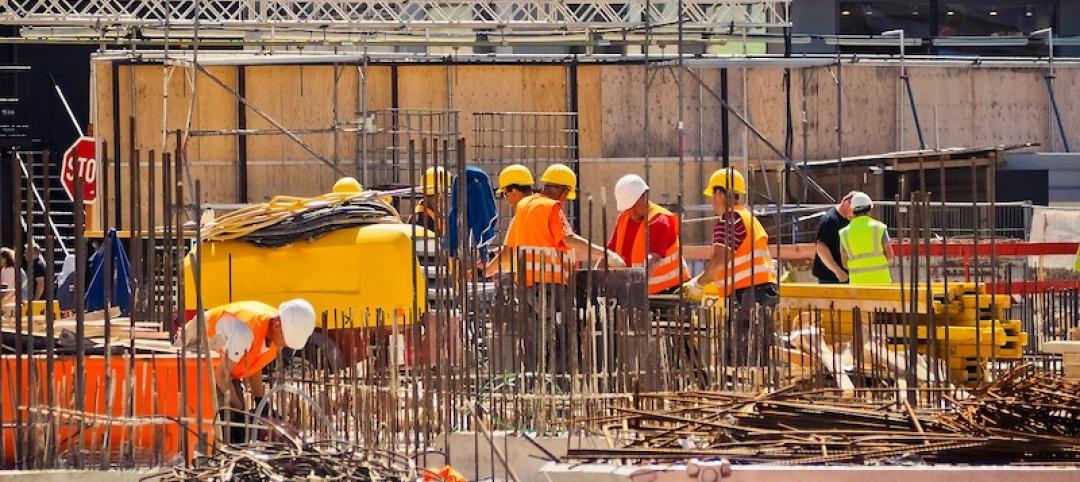A recent survey conducted by student housing developer, Core Spaces, of nearly 2,500 college students throughout the United States, reveals how Covid-19 has impacted them – including their mental state, sentiment about remote learning, personal and parents' finances and more. Core Spaces emailed the survey to student residents at 19 Core Spaces properties across 12 cities in 11 states. Responses were collected from June 2 to June 9.
“These important survey results speak to a wide range of ways the pandemic has impacted our young people,” explained Marc Lifshin, founder and chief executive officer of Core Spaces. “Their responses provide valuable insight into how college students are hurting and what they want. More than ever, it's crucial we do our best to make sure their housing is a welcoming and safe place.”
KEY FINDINGS:
Living preferences
Nearly 90% of respondents said they want to come back to campus when classes begin this fall.
72.5% of respondents would like to get back to their universities even if the schools continue online instruction in the fall.
Economic impact / confidence
More than three out of five (63.3%) respondents said the pandemic resulted in economic difficulties for themselves and their families in the following ways:
- Their summer job was canceled (57%)
- Their summer job hours or pay were reduced (32%)
- One of their parents lost his or her job (21%)
- One of their parents had hours or pay reduced (55%)
When it came to how students felt about their future job prospects due to the pandemic, nearly 20% were much less confident, and more than 40% were somewhat less confident. And 40% felt their job prospects were the same as before the pandemic.
Remote learning & studying
Nearly 60% of respondents said online classes had been a negative experience for them.
Nearly eight out of 10 said they feel they'd be more successful studying remotely in their apartments vs. their family’s homes.
Confidence with being safe back at school
90% of respondents were either "very confident" (46.6%) or "somewhat confident" (43.4%) that their universities would take appropriate and available measures to help protect them and other students from spreading the virus.
More than 85% of respondents were either "very confident" (41.6%) or "somewhat confident" (43.7%) that their student housing provider (Core Spaces) would take appropriate and available measures to help protect them and other student residents from spreading the virus.
Psychological impact
Since Covid-19’s onset, students said they had experienced the following:
- Sleep pattern has changed (76%)
- Feel more anxious or stressed (75%)
- Feel more depressed or worried (55.5%)
- Seen a professional for physical or mental health (12%)
Desire for vaccine
When asked how likely they are to want a vaccine if/when it is made available, 63% said very likely, 25.6% said somewhat likely, and 11.3% said not likely.
In total, there were 2,490 respondents from 19 Core Spaces properties in 12 cities and 11 states. The universities/cities, in order of the highest number of respondents, include University of South Carolina, Columbia (324); Penn State, University City, Penn. (304); *University of Florida, Gainesville (273); Michigan State University, East Lansing (231); University of Central Florida, Orlando (225); Purdue University, West Lafayette, Ind. (205); University of Alabama, Tuscaloosa (199 – three Core properties); *University of Arizona, Tucson (192); West Virginia University, Morgantown (144); University of Oklahoma, Norman (143); *University of Kentucky, Lexington (133); University of Mississippi, Oxford (116).
[*Represents two Core properties in the same city/campus.]
“There are so many unknowns around Covid-19," added Lifshin. “We, along with other student housing providers, need to do all we can to reduce the stress that students are feeling and increase their sense of comfort. We plan on offering a mindfulness and meditation program to our 15,000 residents starting late August – this same program had a positive impact on our own staff. We're also rolling out a wide variety of measures to consistently sanitize our buildings and continue to protect our residents.”
Related Stories
Market Data | Sep 22, 2016
Architecture Billings Index slips, overall outlook remains positive
Business conditions are slumping in the Northeast.
Market Data | Sep 20, 2016
Backlog skyrockets for largest firms during second quarter, but falls to 8.5 months overall
While a handful of commercial construction segments continue to be associated with expanding volumes, for the most part, the average contractor is no longer getting busier, says ABC Chief Economist Anirban Basu.
Designers | Sep 13, 2016
5 trends propelling a new era of food halls
Food halls have not only become an economical solution for restauranteurs and chefs experiencing skyrocketing retail prices and rents in large cities, but they also tap into our increased interest in gourmet locally sourced food, writes Gensler's Toshi Kasai.
Building Team | Sep 6, 2016
Letting your resource take center stage: A guide to thoughtful site selection for interpretive centers
Thoughtful site selection is never about one factor, but rather a confluence of several components that ultimately present trade-offs for the owner.
Market Data | Sep 2, 2016
Nonresidential spending inches lower in July while June data is upwardly revised to eight-year record
Nonresidential construction spending has been suppressed over the last year or so with the primary factor being the lack of momentum in public spending.
Industry Research | Sep 1, 2016
CannonDesign releases infographic to better help universities obtain more R&D funding
CannonDesign releases infographic to better help universities obtain more R&D funding.
Industry Research | Aug 25, 2016
Building bonds: The role of 'trusted advisor' is earned not acquired
A trusted advisor acts as a guiding partner over the full course of a professional relationship.
Multifamily Housing | Aug 17, 2016
A new research platform launches for a data-deprived multifamily sector
The list of leading developers, owners, and property managers that are funding the NMHC Research Foundation speaks to the information gap it hopes to fill.
Hotel Facilities | Aug 17, 2016
Hotel construction continues to flourish in major cities
But concerns about overbuilding persist.
Market Data | Aug 16, 2016
Leading economists predict construction industry growth through 2017
The Chief Economists for ABC, AIA, and NAHB all see the construction industry continuing to expand over the next year and a half.


